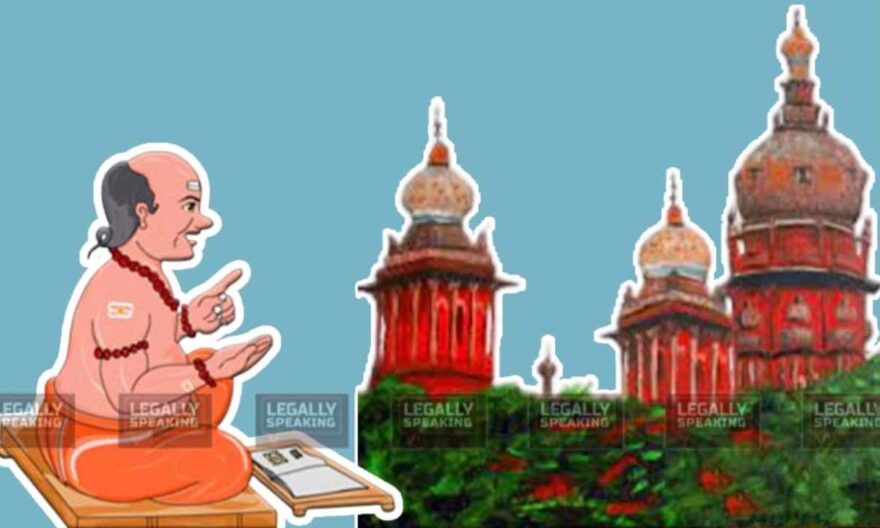
The Madras High Court recently stated that an individual’s caste should not be a determining factor in their appointment as a temple priest.
A single bench of Justice N Anand Venkatesh emphasized that the sole criteria for becoming an archagar (priest) in Tamil Nadu temples should be a thorough understanding of the Agamic (temple traditions) principles specific to the temple and sufficient training in performing temple rituals.
“At the risk of repetition, it is made abundantly clear that the pedigree based on caste will have no role to play in the appointment of Archaka if the person so selected otherwise satisfies the requirements,” the order stated.
The bench made the observation while disposing of a writ petition that was filed in 2018. The plea challenged a notification issued by the Executive Officer (EO) of the Sri Sugavaneswarar Swamy Temple in Salem district, Tamil Nadu.
The notification called for applications to fill the position of Archagar or Sthanigar (temple priests). The petitioner insisted on the hereditary nature of the priesthood. He informed the Court that the notification violated his inherited rights to hold the priestly position, as he had been serving in the temple according to established customs and succession for many years. However, the High Court recognized that the Supreme Court had previously ruled that the appointment of a temple priest is a secular function. Consequently, there is no basis for asserting a hereditary right to such an appointment.
“The Apex Court has also made it very clear that performance of a religious service is an integral part of the religion whereas the Priest or the Archaka performing such service is not so. It differentiated between the religious portion and the secular portion and held that the religious service by an Archaka is the secular part of the religion and the performance of the religious service is an integral part of the religion. Therefore, the prescription provided by the Agamas gains significance only when it comes to the performance of the religious service. Any person belonging to any caste or creed can be appointed as an Archaka provided he is a well-versed and accomplished person in the particular Agamas and rituals of the temple,” the order reads.
In accordance with its decision, the bench directed the EO to release a new advertisement for the appointment of the archagar, ensuring that the proper procedure is followed. Furthermore, the Court granted permission to the petitioner to participate in the selection process.




